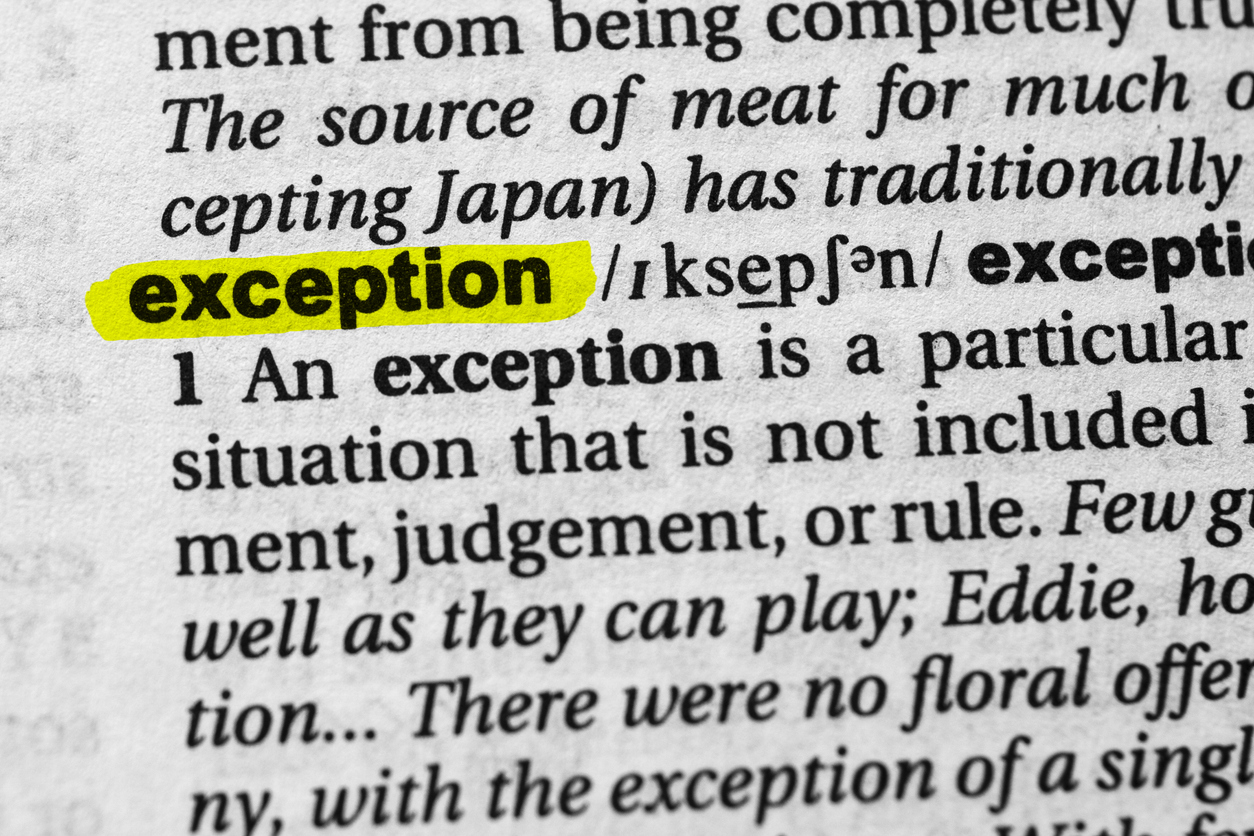Last August I wrote about Rosenberg-Wohl v. State Farm, 1 a California appellate decision determining that a homeowner’s policy’s one-year “Suit Against Us” provision superseded the four-year statute of limitations for a California Unfair Competition Law (“UCL”) claim. The California Supreme Court is reviewing that decision, 2 and the policyholder whose claim was denied by State Farm is now receiving help from California Attorney General Rob Banta, who filed an amicus brief last week. 3 While no ruling has yet been made, the facts and circumstances around that case are a good reminder to all policyholders, public adjusters, and remediation contractors to understand how a policy’s “Suit Against Us” provision works, especially under California’s complex tolling laws.
That case involved a Plaintiff who, on April 23, 2019, submitted a claim to State Farm for repairs to the exterior staircase of her home after she noticed her elderly neighbor slipping on the staircase. State Farm denied the claim several days later on the basis that there was “no evidence of a covered cause of loss nor any covered accidental direct physical loss to the front exterior stairway.” State Farm’s denial also referenced the suit limitation provision. The Plaintiff alleged that State Farm sent its denial letter even though it had not “inspected the stairs, asked her or her husband any questions, interviewed the elderly neighbor, or contacted any of the contractors involved.”
Over a year later, Plaintiff’s husband, an attorney, contacted State Farm and received a voicemail from its adjuster stating that it had “reopened” the claim. The adjuster subsequently denied the claim again, this time on the basis that “the policy does not provide coverage for preventative or safety measures to the property.” Plaintiff filed a declaratory relief action under the UCL seeking an order, in part, requiring State Farm to “identify the applicable reason(s) for any denial, so that a claimant can evaluate State Farm’s good faith and reasonableness and decide whether and how to submit new or different evidence…” The trial court sustained State Farm’s demurrer on the basis that the one-year “Suit Against Us” provision applied to the Plaintiff’s claim. The appellate court affirmed, first noting that the one-year “Suit Against Us” provision in the policy is part of California’s standard insurance form under Insurance Code section 2071. The court determined that because Plaintiff’s alleged acts against State Farm occurred during the claims handling period, the claim arises out of a contractual relationship and is within the one-year limitation period. Importantly, the court also held that “using words like ‘reopened,’ ‘for some reason,’ and ‘next step’” was “manifestly insufficient to establish a waiver of the ‘Suit Against Us’ limitation.”
The issue to be decided by the California Supreme is whether the one-year limitation period under the Insurance Code section 2071 or the four-year limitations in the Business and Professions Code section applicable to UCL claims apply. The Attorney General’s amicus brief argues: “A UCL action…falls outside section 2071. By definition, a UCL action cannot involve the recovery of damages for the denial of an insurance claim – and thus cannot be an action ‘for the recovery of a claim’ under section 2071. And because UCL actions challenge conduct independently proscribed by the UCL – rather than relying on duties created or imposed by private-party insurance policies – such actions are not ‘on the policy’ under section 2071.” The brief further argues: “…If [Plaintiff] does prove unfair business practices, there is every reason to think that the Legislature would have wanted that conduct enjoined under the UCL, given the statute’s overarching goal of addressing ongoing wrongful business conduct in whatever context such activity might occur.”
While it remains to be seen whether the appellate ruling will be upheld, policyholders, public adjusters, and remediation contractors handling claims in California should know that all homeowners’ policies in California contain similar “Suit Against Us” provisions. Just because an insurance company agrees to “reopen” a claim does not mean it waives the “Suit Against Us” provision, nor does it automatically toll the period for bringing a lawsuit. It may be necessary to get unequivocal, written confirmation from the insurance company agreeing that the deadline is being tolled. It may also serve the policyholder’s best interest to have early attorney involvement well before the period expires.
1 Rosenberg-Wohl v. State Farm Fire & Cas. Co., 93 Cal.App.5th 436, — Cal.Rptr.3d — (Cal. App. 2023).
2 Rosenberg Wohl v. State Farm Fire & Cas. Co., No. S281510 (Cal. Oct. 18, 2023).
3 Rosenberg Wohl, No. S281510 [Amicus Curie Brief filed Apr. 11, 2024] (Cal.).




